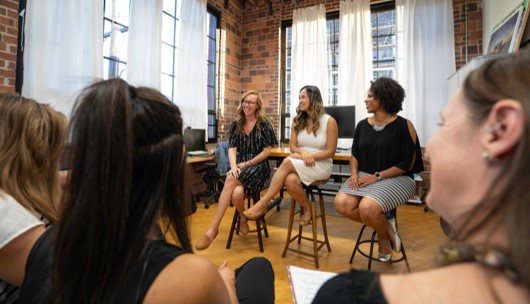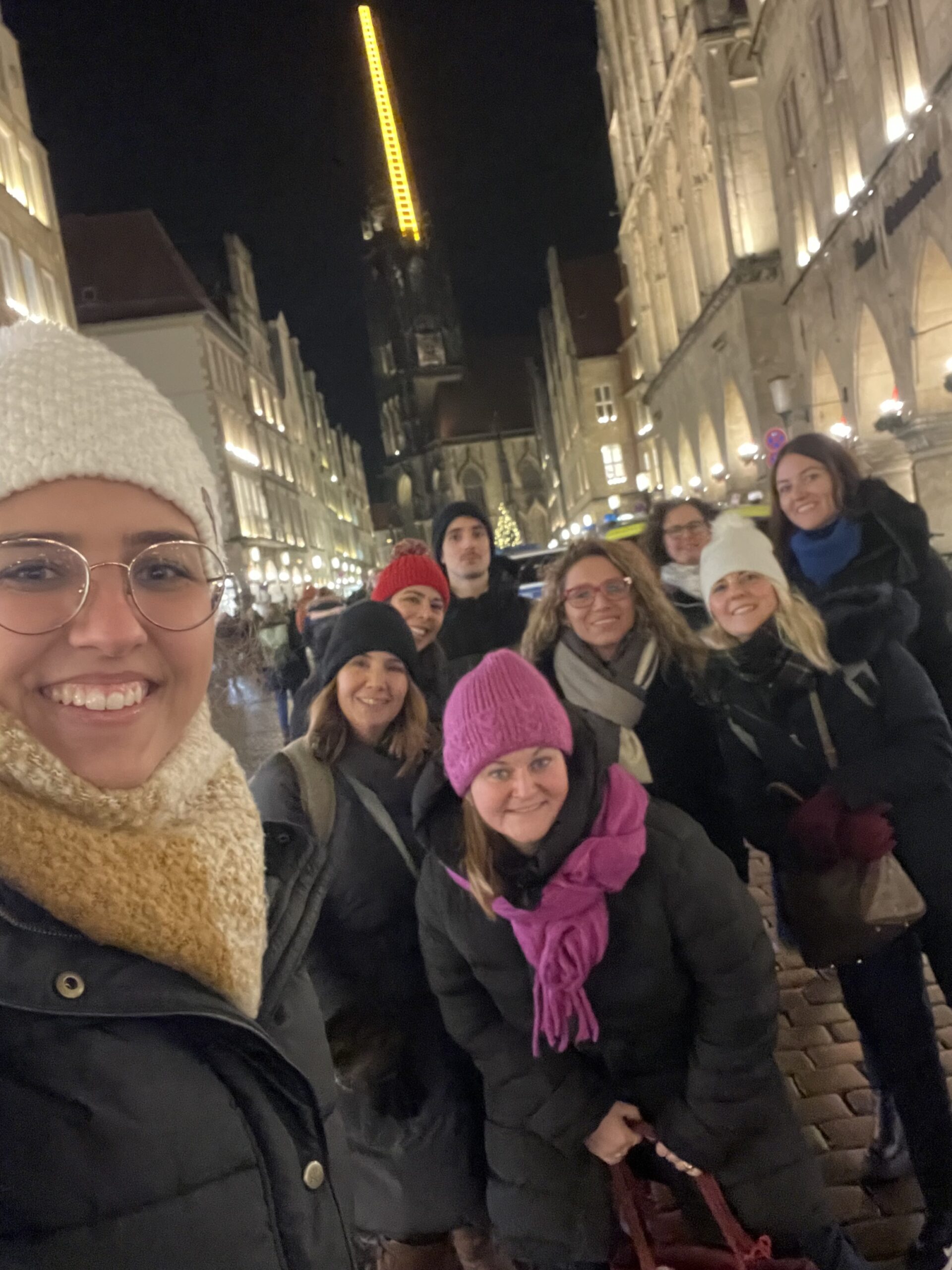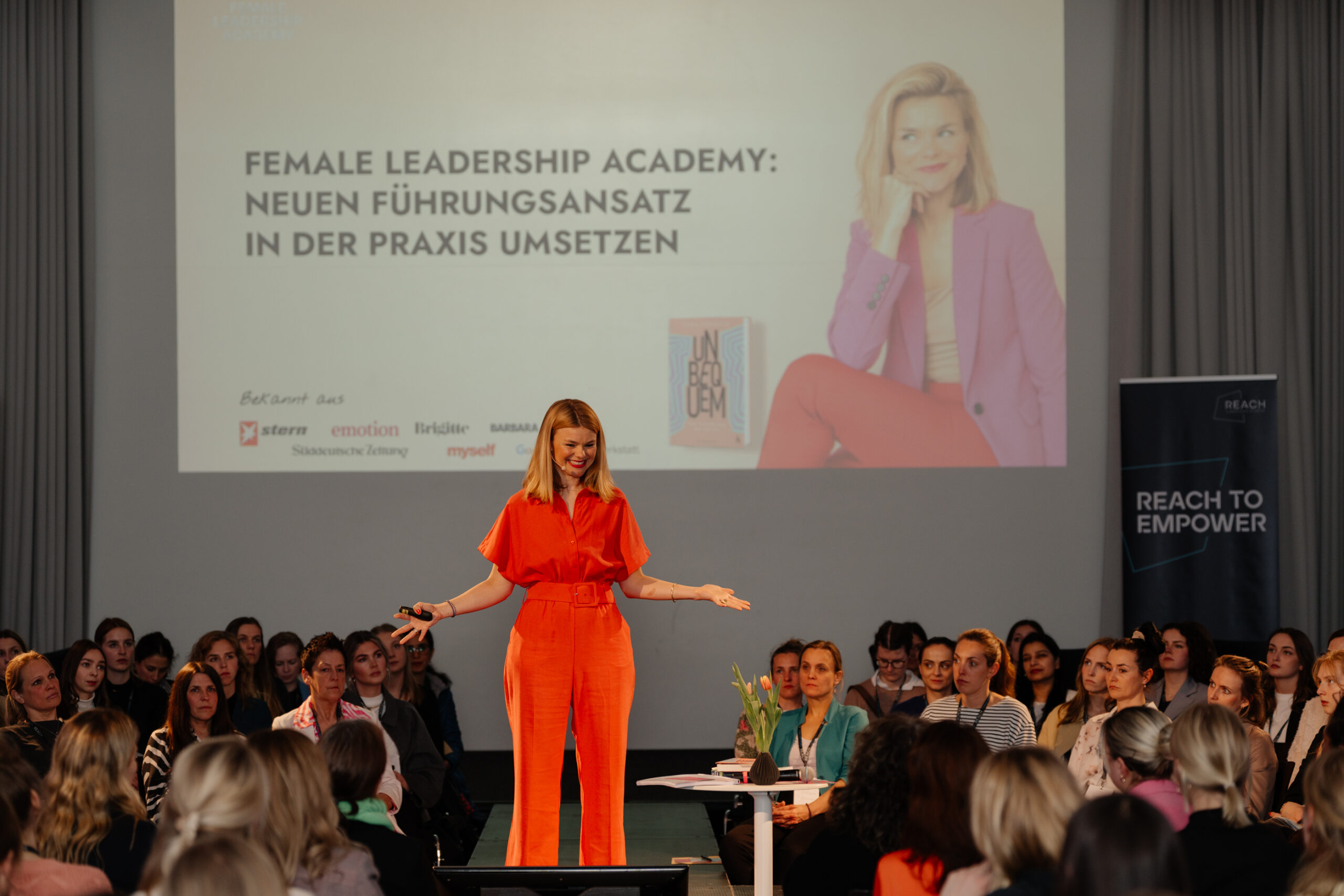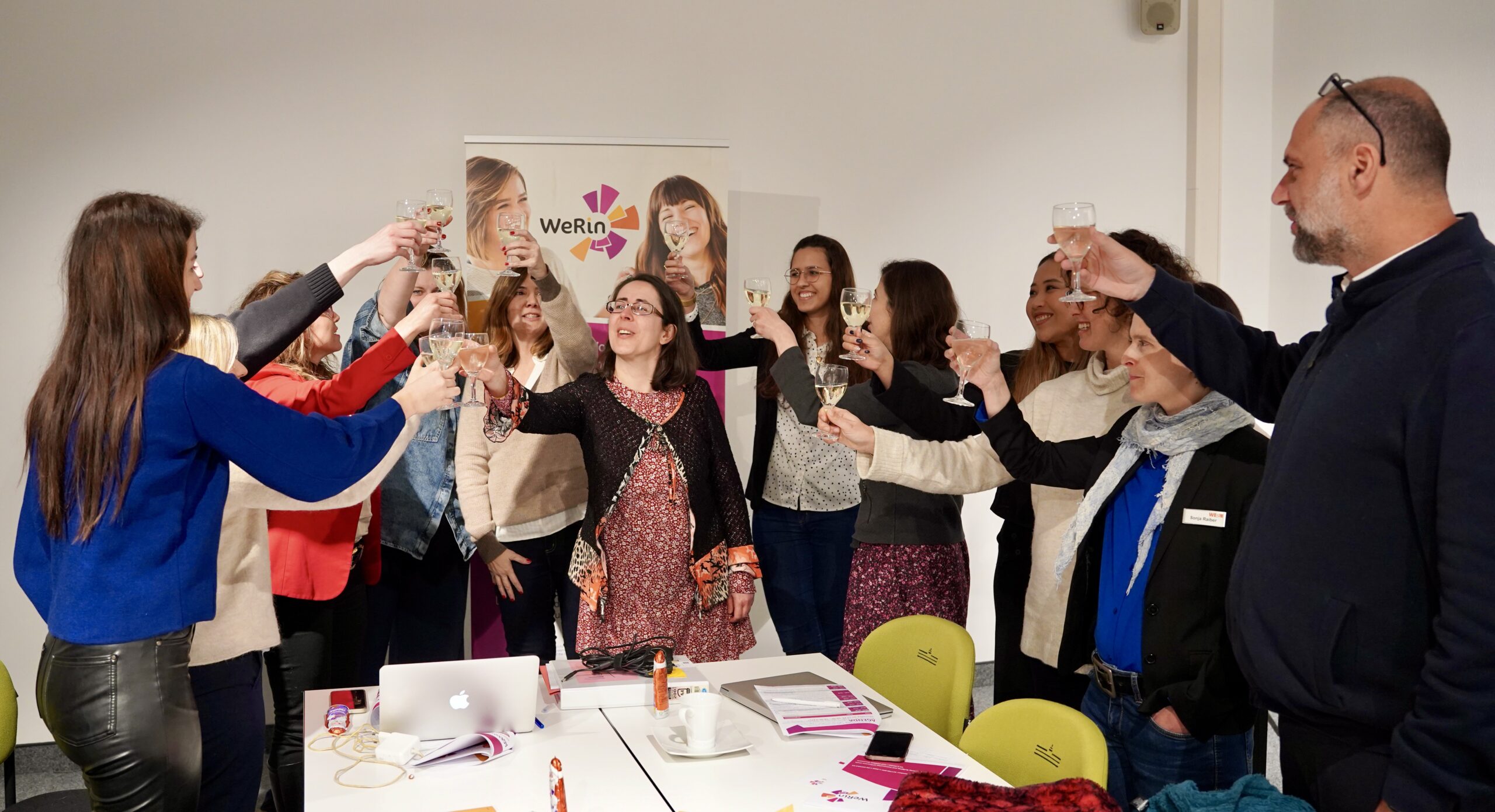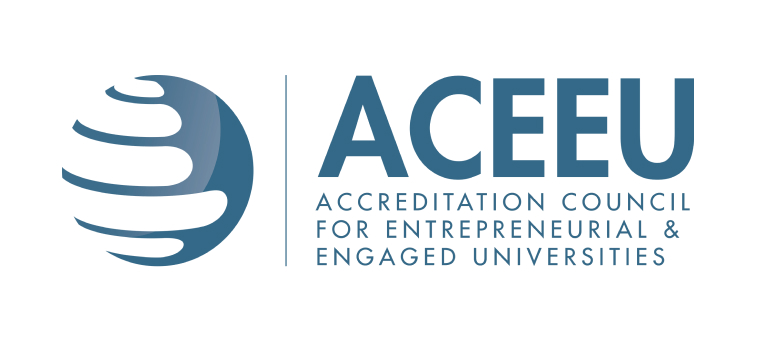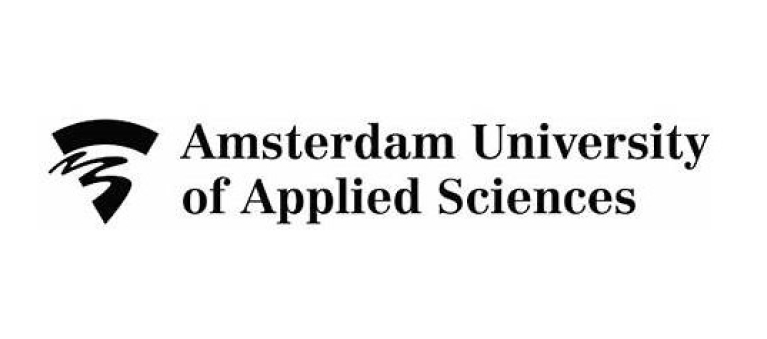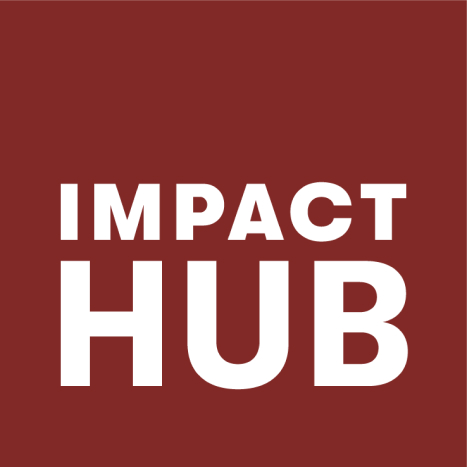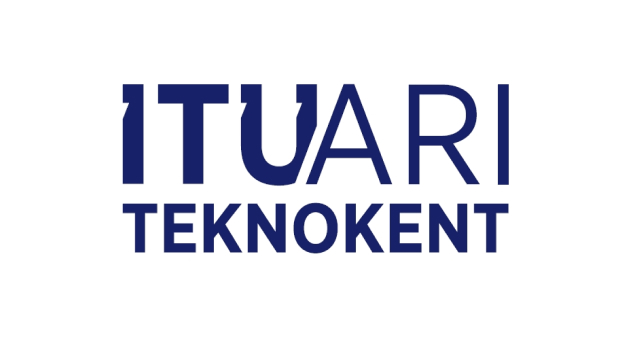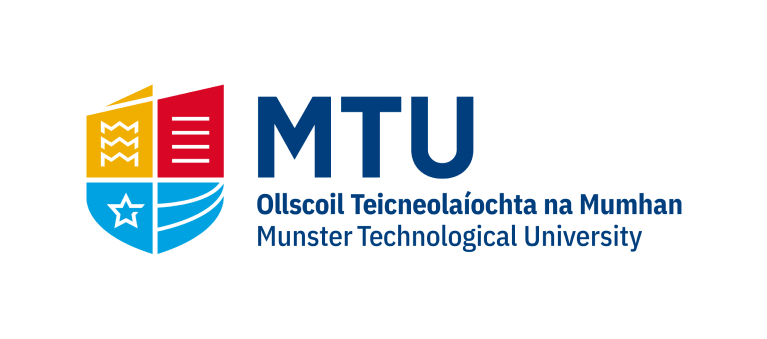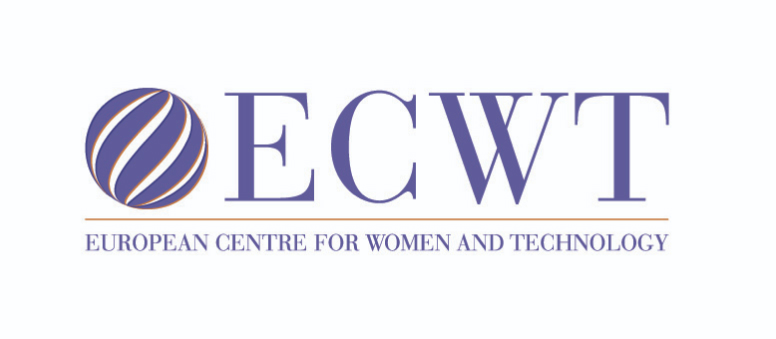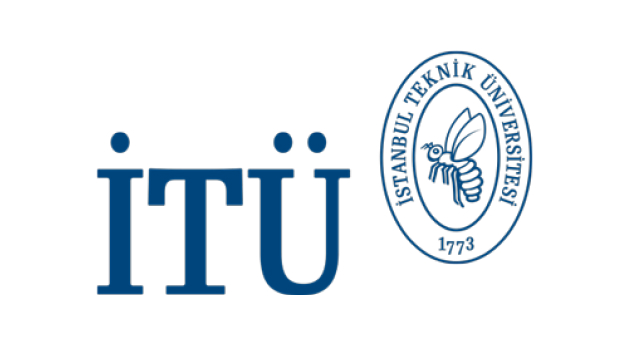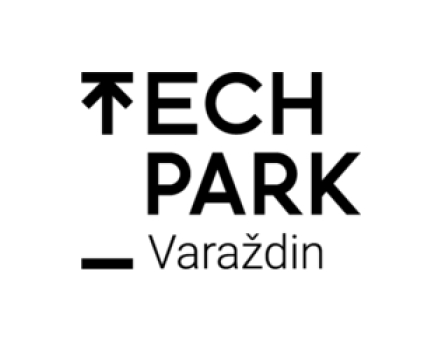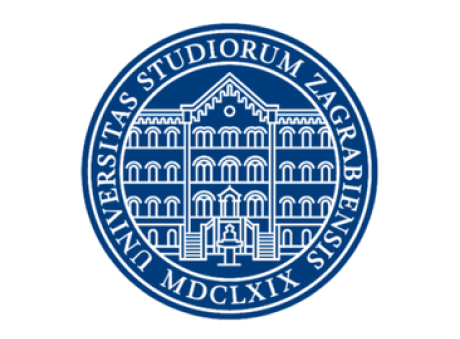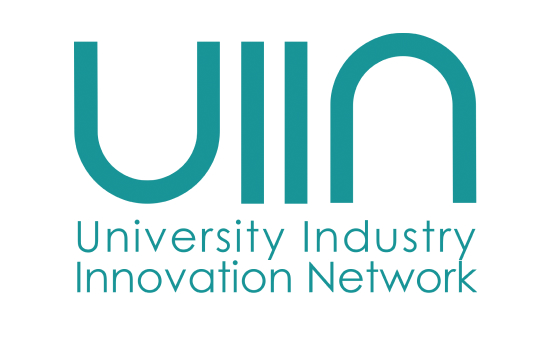By Margot Hemps, Impact Hub Amsterdam
On November 30th 2021, Impact Hub Amsterdam hosted a Regional Think Tank for the Amsterdam Metropolitan Area, together with partners UIIN and AUAS. The Think Tank created a space where entrepreneurs, students, network organisations, policymakers and other regional stakeholders could reflect upon the preliminary findings of the WeRIn project and co-create ways forward to develop more gender-inclusive entrepreneurship education, support programs and in the long run, ecosystems.
The Think Tank was opened by Saskia Stoker (WeRin lead researcher from AUAS) by presenting the findings from the recent interviews and literature study in the Amsterdam Metropolitan Region. This was followed by two keynotes, from Semra Celebi (Startup Amsterdam) and Julie Munneke-Tromp (Tiny Library). Semra Celebi shared the ongoing efforts of building networks to empower diversity in the workforce, such as the Amsterdam-based We Rise. Julie Munneke-Tromp, as a founder of an impact enterprise, shared her day-to-day challenges, i.e., in terms of fundraising or stereotype perception. The conclusion of these keynotes is that a gender-balanced view is much needed for the development of inclusive entrepreneurship.
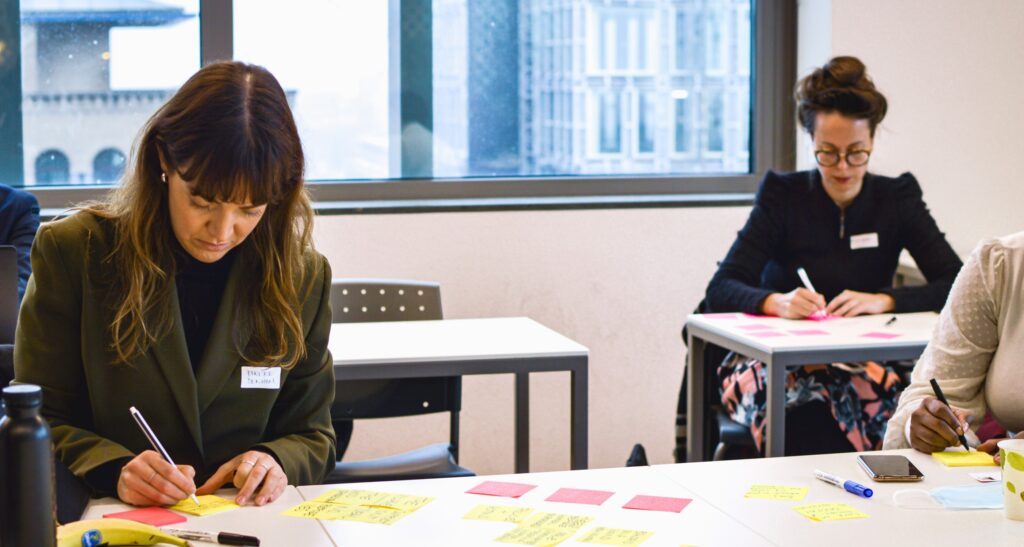
Key Insights from the Think Tank
Partners hosted 27 participants across 3 workshop groups and harvested the following insights that will be further developed and tested in the WeRIn project.
- Visibility We should focus on creating opportunities for women to experience entrepreneurship at a young age. It is important to invite female entrepreneurs into educational settings and use social media as a key strategy for visibility. Increased collaboration between networks of female entrepreneurs is seen as vital to strengthen the stories of women and make campaigns more visible.
- Viability Women often do not see entrepreneurship as a viable career path, and it is in fact difficult to get women to join existing entrepreneurial programs. This issue needs to be addressed through changing the narrative around female entrepreneurship, combined with higher visibility of female role models.
- Education It is also suggested to introduce more women-only programs. We should also allow for more experimenting in support programs; hence, not just striving for perfection, but allowing for women who are early on in the process with their company. Support and incubation programs should also consider lowering financial barriers. Connecting There is a need for a more diverse palette of female role models in the educational program settings. It should also be easier to connect to different role models through various kinds of community building, workshops, and organisational collaboration. It is further suggested to make a shift from role model to peer model for entrepreneurs to connect with women that are at a different stage in their entrepreneurial journey.
- Bias The perception of female entrepreneurs is biased, for example regarding the way they handle emotions and the way that we as a society look at motherhood. Women also tend to be over apologetic and some feel that they lack certain leadership skills to be confident. Therefore, women tend to avoid taking up space unless they feel completely certain or are forced to show different behaviour/skills when interacting with male investors or when learning from others. We need to focus on building women’s confidence through different types of leadership workshops, as well as educating men and women on hidden biases, and making it clear that female leaders do not need to act according to a male norm.
- Shared responsibility The involvement of different stakeholders needs to increase; schools, universities, investors, and the government as well as support programs need to be educated on inclusivity. Only if they possess the necessary knowledge, can they spread awareness, generate new opportunities and create beneficial policies
- Community We should build communities in which female entrepreneurs feel safe and comfortable to speak out. These communities should involve men, investors and universities in the conversation and educate stakeholders to spread awareness around and highlight female entrepreneurship through, for example, making sure that women are always included as speakers at events. At the same time, we should promote female entrepreneurs as role models. Acknowledging differences within the community can also help to build a more inclusive environment.
- Funding There seems to be a bias with investors, who tend to favour male entrepreneurs. There is a need for more investors to back female entrepreneurs, and we have to involve investor networks to be more open towards a diverse range of entrepreneurs.
Our final note is a quote from a Think Tank participant: ‘’We need to change the narrative, where we don’t try to change women, but rather celebrate and acknowledge differences and give women the spotlight. We should start building awareness and empowering women early on, spark diverse connections, and support women with more social capital, and access to the right networks and communities’’.

